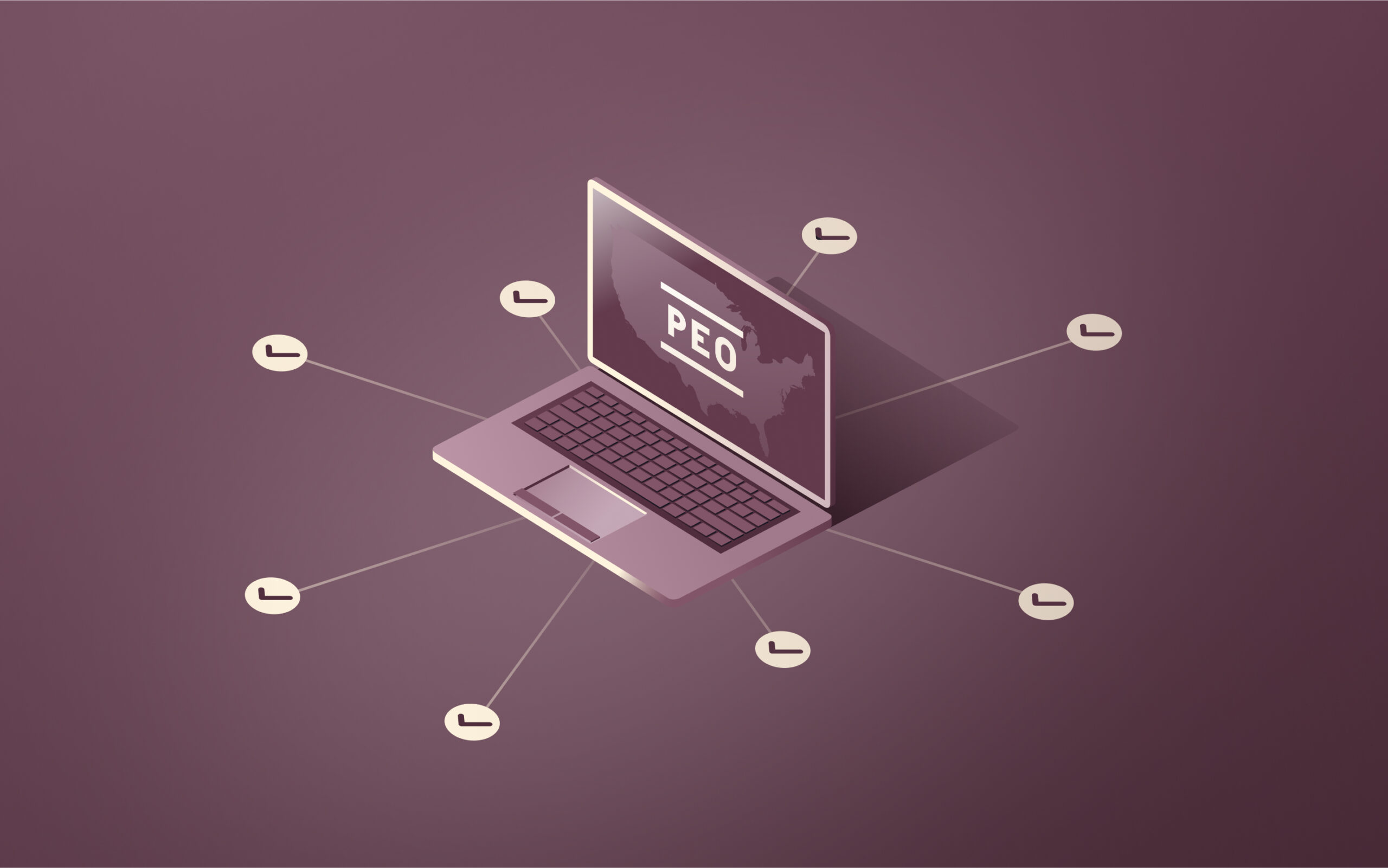Tackling the labour shortage threatening your 2024 business plans
The labour shortage isn't just a hiccup—it's a full-blown crisis. Businesses across the UK are struggling with a shrinking talent pool. This isn’t a passing issue. It’s a structural shift. The effects have an impact across industries, forcing companies to rethink their strategies.
A strong workforce is the engine of any business. But with fewer hands-on deck, maintaining productivity and growth becomes a challenge. It's not just about filling vacancies; it's about finding the right people with the right skills. This shortage is a wake-up call. It demands action, innovation, and a fresh approach to HR management.
The causes of the labour shortage
Understanding the root causes of the labour shortage is paramount. It helps in devising strategies to mitigate its impact. Let's take a look at the main factors driving this issue.
Brexit and immigration policies
Brexit has thrown a spanner in the works. With stricter immigration policies, the UK’s talent pool has shrunk. Many EU workers have returned home. New immigration laws make it harder to fill positions. The result? A smaller workforce and more competition for skilled workers.
An ageing population
The UK population is getting older. More people are retiring. Fewer young people are entering the job market. This demographic shift is causing a significant gap in the labour force. It’s a ticking time bomb for industries that rely on a steady influx of young talent.
Skills gap
The impact on businesses
The labour shortage isn't just a statistic; it's a daily challenge for businesses. Here’s how it’s affecting companies across various sectors.
Decreased productivity
With fewer workers, businesses struggle to maintain productivity levels. Deadlines are missed. Projects are delayed. The overall efficiency drops. Companies must do more with less, and it’s taking a toll.
Increased labour costs
A smaller talent pool means higher competition for workers. This drives up wages. Businesses have to offer more attractive packages to lure candidates. While good for workers, it’s putting a strain on company finances.
Delayed growth and expansion plans
Industries hit hardest by the labour shortage
Some sectors are feeling the impact more than others. Let’s explore which industries are most affected.
Healthcare
The healthcare sector is particularly hard-hit. There’s a chronic shortage of nurses and doctors. This impacts patient care and increases workloads for existing staff. It’s a critical issue that needs immediate attention.
Construction
Construction projects are slowing down. There aren’t enough skilled workers to meet demand. This affects everything from housing projects to infrastructure development. Delays and increased costs are the norm.
Hospitality and retail
Strategies to combat the labour shortage
Addressing the labour shortage requires innovative strategies. Here are some actionable steps businesses can take.
Upskilling and reskilling
Invest in training. Upskilling existing employees can fill critical gaps. Reskilling workers from other sectors can bring in fresh talent. It’s a proactive approach to bridge the skills gap. Check our content on the Rippling effect for more.
Embracing automation
Automation in HR and other areas of the business can alleviate some pressure. Implementing technology can streamline processes. It reduces the reliance on human labour. This is especially useful in industries like manufacturing and logistics.
Flexible working conditions
Government initiatives and policies
Government policies play an essential role in addressing the labour shortage. Here are some potential initiatives that could help.
Incentives for hiring
The government can introduce incentives for businesses that hire apprentices or trainees. Tax breaks, grants, and subsidies can encourage companies to invest in their workforce. This can help alleviate the labour shortage.
Immigration reforms
Revisiting immigration policies can open the talent pool. Allowing more skilled workers to enter the country can fill critical gaps. It’s a sensitive issue but one that can’t be ignored.
Education and training programmes
Looking ahead: Preparing for the future
To navigate the future, businesses need to be proactive. Here are some strategies to stay ahead of the curve.
Predictive workforce planning
Using data analytics to predict future workforce needs is paramount. Businesses can anticipate shortages and take proactive measures. This forward-thinking approach can prevent crises before they happen.
Building a strong employer brand
Attracting top talent starts with a strong employer brand. Showcasing company culture, values, and career development opportunities can make a business more attractive. It’s about standing out in a competitive market.
Collaboration with educational institutions
Take control of your workforce strategy now
The labour shortage is real, and it's here to stay. But you don’t have to let it derail your business plans. By understanding the causes and impacts, and by adopting proactive strategies, you can turn this challenge into an opportunity. Invest in your people. Embrace technology. Collaborate with institutions. Ready to take action?
Start transforming your HR approach with Rippling and stay ahead in the game.
Disclaimer: Rippling and its affiliates do not provide tax, accounting, or legal advice. This material has been prepared for informational purposes only, and is not intended to provide or be relied on for tax, accounting, or legal advice. You should consult your own tax, accounting, and legal advisors before engaging in any related activities or transactions.





